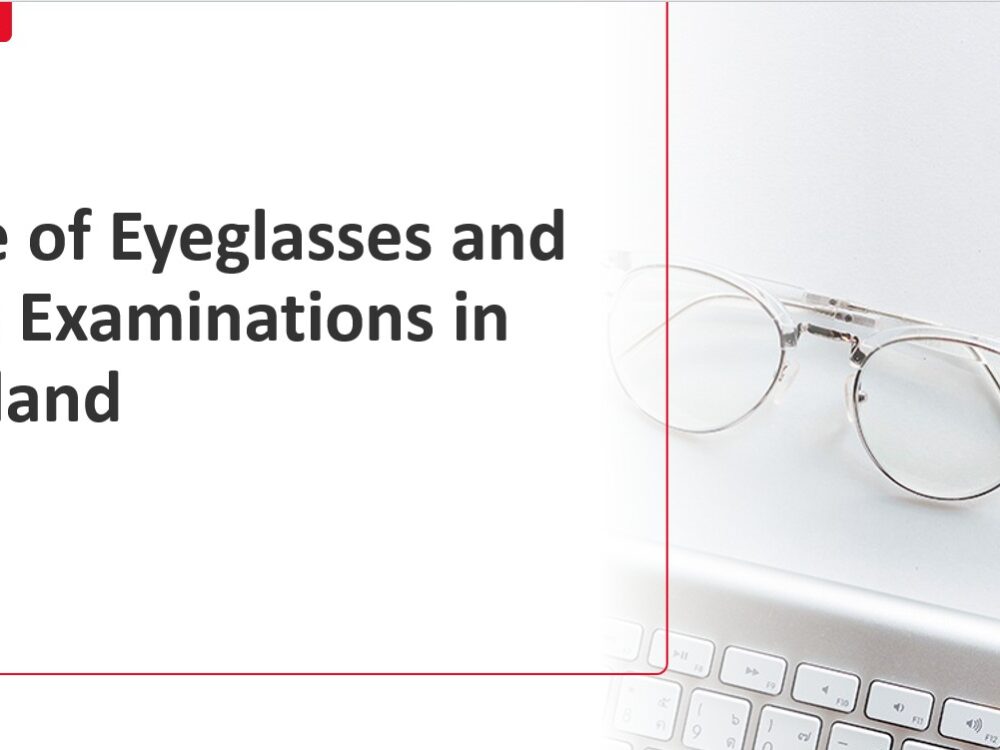
Business organisations do not support the waiving of Kela contributions and the transferring of funding to welfare areas. It is the opinion of the organisations that the Kela contribution system for private care should be developed rather than reduced. The government has proposed the cutting of Kela contributions for care and research by 64 million euros.
Operators from the private sector are particularly used in oral and eye healthcare and gynaecological services. The availability of paediatric services from the public sector has also not come close to being at a satisfactory level. The majority of the medical contributions paid through Kela are allocated to the use of services in these fields.
Currently, Kela’s medical contributions are less than 15 percent of the care costs. In this case, the customer’s deductible is 85 percent of the costs. A high deductible makes it especially difficult for low-income people to use private sector services.
Public spending is increasing
The government has proposed cutting Kela contributions for care and research by 64 million euros.
The cut in Kela contributions is not a stringent measure to reduce public finances. Expenditures, on the contrary, will increase as some of the current private sector visits would be transferred to the public sector. According to a citizen survey conducted by the Finnish Association of Private Care Providers HALI and Suomen Yrittäjät (an interest and service organisation for small and medium-sized enterprises) in the autumn of 2021, the cutting would transfer an estimated 14 percent, or 460,000 doctor visits, to health stations. This would increase government spending significantly.
The cutting of Kela contributions would cause the state an additional annual cost of approximately 20 million euros, in addition to longer care waiting lists, instead of savings.
Problems with the availability of care worsening
The proposed cutting of Kela contributions will worsen the availability problems of public health services even more. The demand for services would clearly increase more than funding would strengthen.
The signatory organisations consider that Kela contributions partly secure the realisation of fundamental rights according to Article 22 of the Constitution of Finland. In practice, not all services that can be obtained from private service providers with the help of Kela contributions and that are necessary can be obtained from the public sector. The cutting would particularly target those who do not have occupational health care or private health insurance and who are on a low income.
Suomen Yrittäjät, Harri Jaskari and Tanja Matikainen, Local Government and Business Affairs Manager
Confederation of Finnish Industries, Vesa Rantahalvari, Chief Specialist
Lääkäripalveluyritykset, Ismo Partanen, Executive Director
The Finnish Association of Private Care Providers HALI, Hanna-Maija Kause, Director of Health Services
Finnish Association of Vision and Eyecare NÄE ry, Panu Tast, CEO
Suomen Kuntoutusyrittäjät, Satu Grekin, Executive Director
Suomen Kunto- ja Terveysliikuntakeskusten yhdistys SKY, Riitta Hämäläinen-Bister, Executive Director


